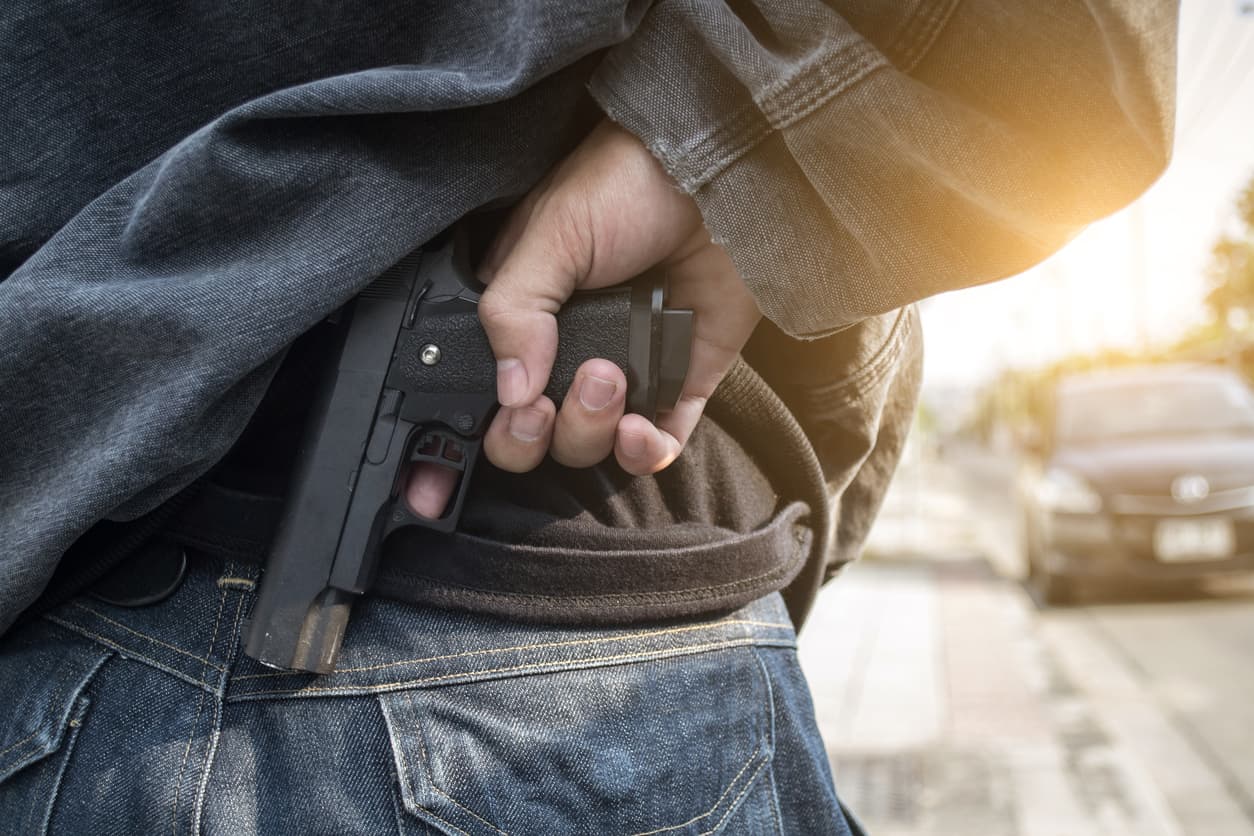Self-defense laws are complex and vary significantly between states. “Stand your ground” laws have become a particularly controversial topic. These laws generally remove a person’s obligation to retreat from a dangerous situation before using force, including deadly force, in self-defense. Hawaii stands in contrast to many states, as it does not have a stand your ground law in place. Instead, Hawaii maintains a traditional “duty to retreat” doctrine.
This article will explore Hawaii’s self-defense laws, focusing on the duty to retreat, when the use of force is justified, and the potential consequences of using force in self-defense.
What is a Stand Your Ground Law?
Stand your ground laws eliminate the duty to retreat before using force in self-defense. Under these laws, an individual reasonably believing they are facing imminent danger of death or serious bodily harm may use force, including deadly force, without first attempting to escape the situation. These laws often extend beyond the home and into public spaces.
Hawaii’s Duty to Retreat
- Defining the Duty
Unlike many states, Hawaii maintains a duty to retreat. This means that if you believe you are in danger, you are legally obligated to retreat from the situation safely if possible, before resorting to the use of force in self-defense.
- Exceptions to the Duty to Retreat
Hawaii law recognizes certain exceptions to the duty to retreat:
- Castle Doctrine: The duty to retreat does not apply within one’s own home or dwelling. This is commonly known as the “Castle Doctrine.”
- Law Enforcement Officers: Law enforcement officers in the line of duty are not required to retreat.
- Prevention of Felonies: There may be situations where retreating from a confrontation could put oneself or others at further risk of serious felonies, such as kidnapping or sexual assault.
Use of Force in Hawaii
- Justified Use of Force
Hawaii Revised Statutes Section 703-304 outlines the justified use of force in self-protection. In general, you may use non-deadly force in self-defense if you reasonably believe it is necessary to protect yourself from imminent harm.
- Justified Use of Deadly Force
The use of deadly force is a serious matter considered only as a last resort in Hawaii. Deadly force is justified only if you reasonably believe that it is immediately necessary to protect yourself or another person from the imminent threat of death, serious bodily injury, kidnapping, rape, or forcible sodomy.
Consequences of Using Force in Self-Defense
Using force in self-defense and claiming justification under Hawaii law can have complex legal consequences. Even in justified situations, you may face:
- Arrest and Investigation: You may be arrested and investigated even if you ultimately acted lawfully.
- Criminal Charges: You could still be charged with a crime, such as assault or homicide, depending on the circumstances.
- Civil Lawsuits: You could face a civil lawsuit brought by the injured person or their family.
The Importance of Proportionality
It is crucial to remember that the force you use in self-defense must be proportionate to the threat you face. Using excessive force could negate your self-defense claim and make you liable for criminal or civil charges.
Alternatives to Using Force
Whenever possible, it is always preferable to avoid the use of force in potentially dangerous situations. Here are some strategies to consider:
- De-escalation: If possible, try to de-escalate the situation verbally. Attempt to remain calm, avoid inflammatory language, and try to find common ground or a peaceful resolution.
- Escape: If you can safely retreat or remove yourself from the situation, this should be your first priority.
- Call for Help: If you feel threatened, call 911 immediately or alert others who can assist you.
- Document the Incident: If you are involved in a confrontation, gather as much information as possible. Note the time, location (specific addresses in Honolulu, Hilo, etc. if possible), descriptions of the people involved, and any witnesses present.
Seeking Legal Counsel
If you are involved in an incident where you used force in self-defense, it is imperative to seek legal counsel immediately. An experienced criminal defense attorney can:
- Explain Your Rights: An attorney will advise you on your rights under Hawaii’s self-defense laws and help you understand the legal process.
- Gather Evidence: Your attorney can help investigate the incident, gather evidence, and interview witnesses to build a strong defense on your behalf.
- Represent You in Court: If you are charged with a crime, an attorney will represent you in court and fight to protect your rights and interests.
Important Considerations
- “Reasonable Belief”: Hawaii’s self-defense laws often hinge on the concept of “reasonable belief.” This means that your belief about the danger you were facing must be one that a reasonable person in the same situation would hold.
- Imminence of Threat: The threat you face must be imminent. You cannot justify pre-emptive force based on a future potential threat.
- Police Statements: Consult with an attorney before providing statements to the police. Even well-intentioned statements can be misconstrued and used against you.
Sources
- Hawaii Revised Statutes, Chapter 703 (Specifically sections 703-304, 703-305, 703-306): https://www.capitol.hawaii.gov/hrscurrent/vol14_ch0701-0853/HRS0703/HRS_0703-0304.htm
- Giffords Law Center: Stand Your Ground Laws https://giffords.org/lawcenter/state-laws/stand-your-ground-in-hawaii/
- 24/7 Wall St.: The Law for Defending Yourself in Public in Hawaii https://247wallst.com/state/the-law-for-defending-yourself-in-public-in-hawaii/
Disclaimer
This article provides general information about Hawaii’s self-defense laws and should not be considered legal advice. If you have specific questions or need legal guidance, please consult with a qualified attorney.



